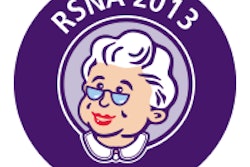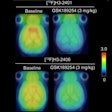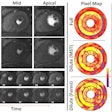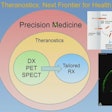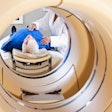Noninvasive cardiovascular imaging decisions must become more patient-centric and individualized, according to a statement from the American College of Cardiology (ACC) that was endorsed by 14 other medical societies.
Determining the appropriate use of cardiovascular imaging requires a complex analysis that takes into account healthcare processes, patient outcomes, and medical costs, the ACC writing panel wrote in a viewpoint in the Journal of the American College of Cardiology (February 12, 2014).
The document, written by a panel of physicians, administrators, and consumers, states that the dramatic increase in cardiovascular imaging use that began in the 1990s is irresponsible and has been driven by the existence of an unregulated fee-for-service market. At the same time, it acknowledges a drop in utilization in recent years, and cites a number of causes for excessive physician test ordering, including greater patient demand and the practice of defensive medicine.
The document charges that simplistic causal models that tie reimbursement to utilization lead to bad policy that can actually harm patients. The need for preauthorization can seriously impede patient access to care, the authors noted. Similarly, cutting reimbursement for office care has led to an unintended and unfortunate shift toward more hospital-based care.
The group recommends a more sophisticated approach to responsible imaging, advocating an iterative process using high-quality patient data to guide efforts at establishing optimal cardiac imaging criteria.
"The current situation in noninvasive cardiovascular imaging is pretty much unsatisfactory from everyone's point of view," wrote Dr. Daniel Mark from Duke University School of Medicine and chair of the writing group. "However, it is encouraging that we now have much more knowledge and several new informatics tools that can be used to help us apply that knowledge."
More randomized trials and clinical registries could be used to provide information that is still lacking with regard to patient outcomes, resource use, and medical costs, the group wrote. At the same time, electronic medical records promote the efficient use of point-of-care tools, including appropriate use criteria and decision-support systems.
Physicians play an important role in promoting appropriate imaging, the document states. For example, there are efforts such as the ACC's Focus program, which partners local ACC chapters with providers to reduce geographic variation in imaging use and the rate of inappropriate testing. The American Medical Association is also working to define performance measures that identify appropriate cardiac imaging use.





